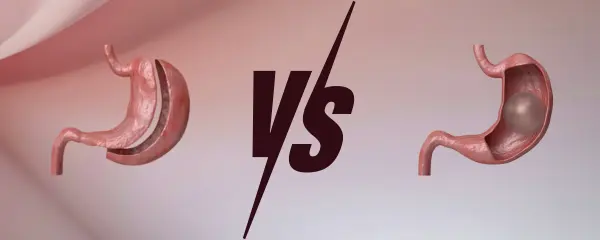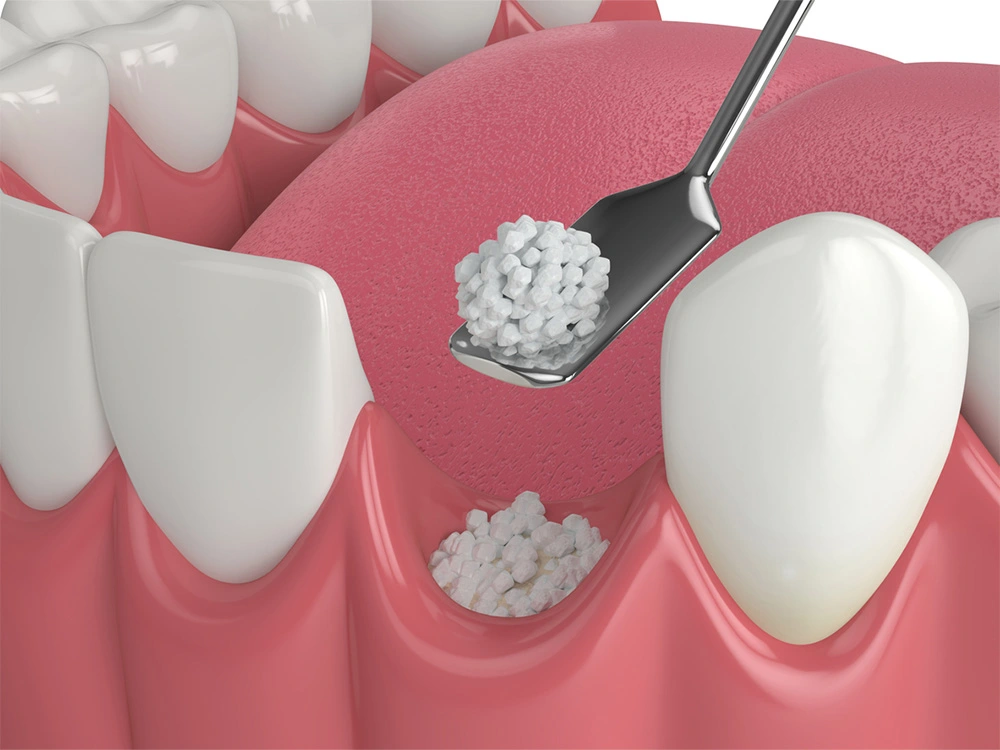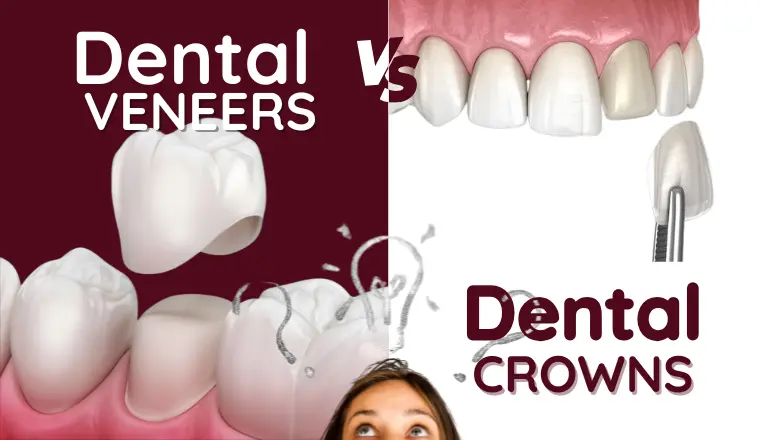
Maintaining good oral health is essential for overall well-being, yet many people hold misconceptions that can negatively impact their dental hygiene. These myths can lead to improper care, unnecessary anxiety, and even serious dental issues. Let’s debunk some of the most common misconceptions about oral and dental health to help you achieve a healthier smile.
1. Brushing Harder Cleans Better
One of the most widespread myths is that brushing your teeth harder will clean them more effectively. In reality, brushing too vigorously can damage your gums and erode tooth enamel, leading to sensitivity and increased risk of cavities. The key is to brush gently with a soft-bristled toothbrush, ensuring that all surfaces of your teeth are cleaned without causing harm.
.jpeg)
2. You Only Need to Visit the Dentist When Something Hurts
Many people believe that a dental visit is only necessary when they’re experiencing pain or discomfort. However, regular check-ups are crucial for preventing issues before they become serious. Routine dental visits allow your dentist to catch early signs of problems like cavities, gum disease, or oral cancer, saving you from more extensive and costly treatments later.
.jpeg)
3. Sugar Is the Only Cause of Cavities
While sugar is a major contributor to cavities, it’s not the only culprit. Cavities are caused by bacteria in your mouth that produce acid when they break down carbohydrates, including sugars and starches found in many foods. It’s important to brush and floss regularly to remove plaque and reduce the risk of cavities, regardless of your sugar intake.
.jpeg)
4. Flossing Isn’t Necessary if You Brush Well
Brushing alone isn’t enough to keep your mouth healthy. Flossing is essential for removing food particles and plaque from between your teeth, where your toothbrush can’t reach. Skipping flossing increases the risk of gum disease and cavities in those hard-to-reach areas. For a truly clean mouth, make flossing a part of your daily routine.
.jpeg)
5. Whitening Toothpaste Can Replace Professional Whitening Treatments
Whitening toothpaste can help remove surface stains, but it won’t provide the same results as a professional whitening treatment. Overuse of whitening toothpaste can also wear down enamel, making teeth more sensitive. For a brighter smile, consult your dentist about safe and effective professional whitening options.
.jpeg)
6. You Don’t Need to Worry About Baby Teeth
Some parents think that since baby teeth eventually fall out, they don’t require the same level of care as permanent teeth. However, healthy baby teeth are essential for proper development, including speech and chewing. They also hold space for permanent teeth, so premature loss due to decay can lead to misalignment and other dental problems.
.jpeg)
7. Bad Breath Means You’re Not Brushing Enough
While poor oral hygiene can cause bad breath, it’s not the only reason. Persistent bad breath, also known as halitosis, can be a sign of more serious issues like gum disease, dry mouth, or other health conditions. If you’re struggling with chronic bad breath, it’s important to consult your dentist to identify and address the underlying cause.
.jpeg)
8. Gum Bleeding During Flossing is Normal
Bleeding gums during flossing is often seen as normal, but it’s actually a sign of inflammation, possibly due to gingivitis or improper flossing technique. Healthy gums shouldn’t bleed, so if you notice this, it’s important to improve your oral hygiene and see your dentist for an evaluation.
.jpeg)
Take Charge of Your Oral Health
Understanding the facts about oral and dental health can help you maintain a healthier mouth and avoid common pitfalls. At Dose Group, we’re here to guide you every step of the way. If you have any concerns or need personalized advice, don’t hesitate to reach out to us. Schedule your appointment today and let us help you achieve the best possible oral health.
References
- Alzahrani, A., Alghamdi, A., & Alzahrani, M. (2025). Social Media Use and Oral Health–Related Misconceptions in Saudi Arabia: Cross-sectional Survey. JMIR Formative Research, 9(1), e70071.
- Khan, M. A., Khan, M. A., & Khan, M. A. (2022). A study to assess the prevalence of dental myths and misconceptions among the general population. International Journal of Preventive and Clinical Dental Research, 9(1), 10–14.
- Colgate. (n.d.). Six Myths About Oral Health And Overall Health. Colgate Oral Care Center.
- Kumar, S., & Singh, R. (2023). Evaluation of Some Dental Myths Among the Adult Population in India: A Cross-sectional Study. Journal of International Society of Preventive & Community Dentistry, 13(1), 45–50.
- Sharma, N., & Gupta, R. (2023). Dental Myths – An Illusion. ResearchGate.










.jpg)


.png)










.png)



